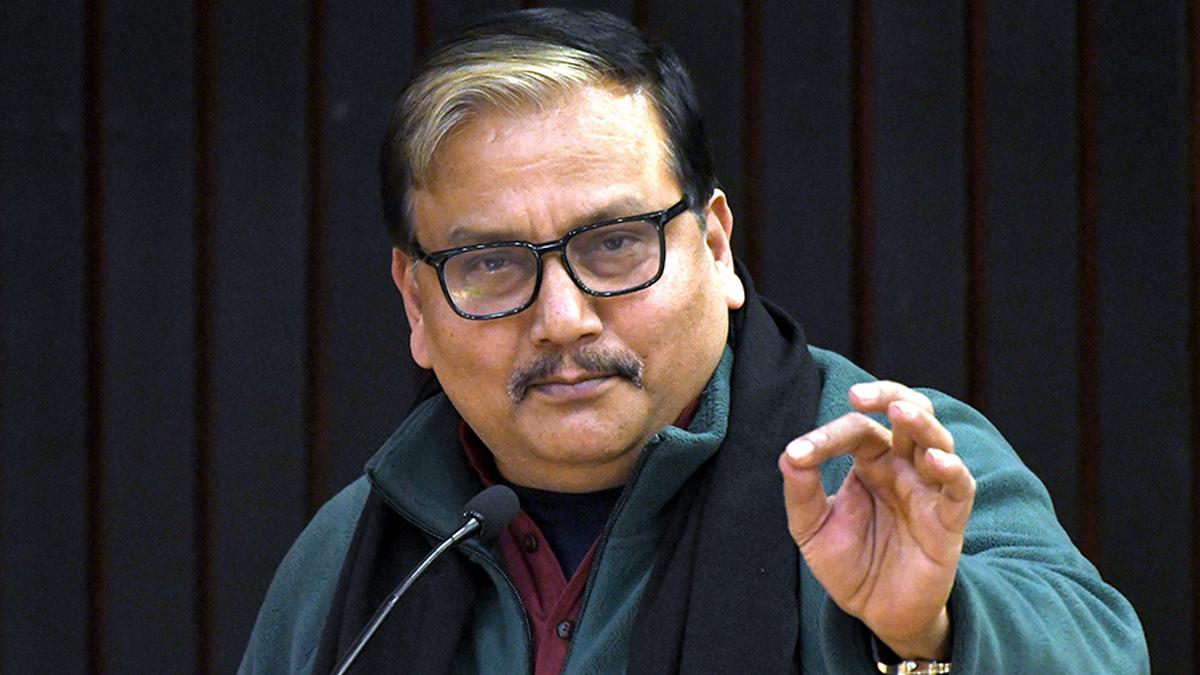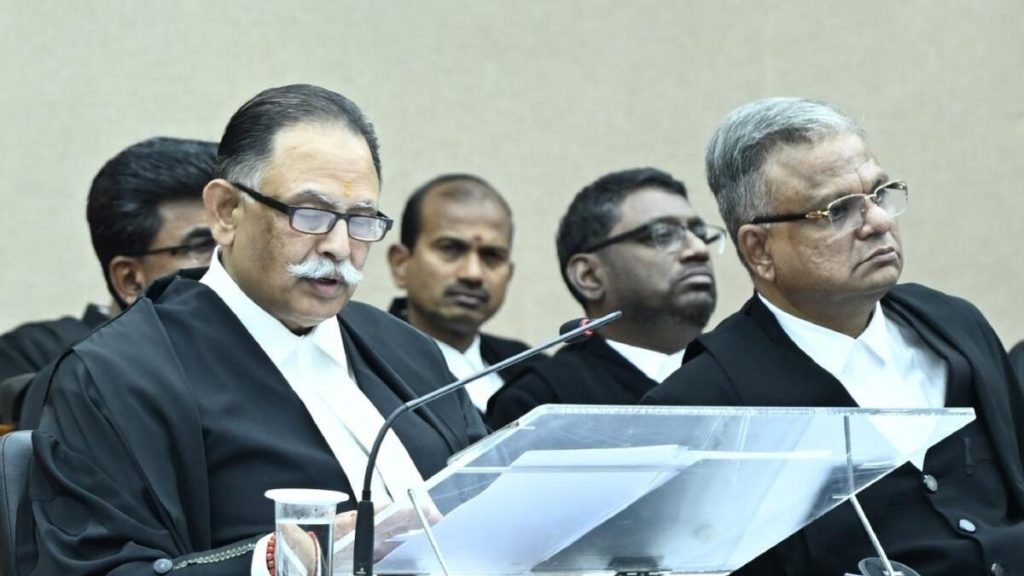Now Reading: Manoj Kumar Jha Critiques PM Modi’s Bihar Visit as Lackluster
-
01
Manoj Kumar Jha Critiques PM Modi’s Bihar Visit as Lackluster
Manoj Kumar Jha Critiques PM Modi’s Bihar Visit as Lackluster

Quick Summary
- RJD Rajya Sabha member and chief spokesperson Manoj Kumar jha criticized Prime Minister Narendra Modi’s visit to Motihari on July 18, 2025.
- Mr. Jha described Modi’s speech as lacking vision and emotion, calling the ₹7200 crore scheme a mockery of democracy by presenting it as a gift.
- He stated that growth schemes are funded by the taxpayers’ money from Bihar’s citizens,including its farmers and workers.
- Criticism was directed at PM Modi’s language in his speech, which Mr. jha likened to monarchial rhetoric and deemed inappropriate for democratic principles.
- Mr. Jha claimed existing government projects were repackaged during the visit without new initiatives benefiting Bihar significantly.
- Allegations were made that capital investment is concentrated in Gujarat while Bihar receives comparatively minor developments like “B-grade trains.”
- Reference was made to unresolved safety concerns in Bihar hospitals following an incident where a prisoner was shot dead inside Paras Hospital recently.
- The sugar mill project in Motihari promised eleven years ago still remains non-operational according to Mr. Jha.
- He credited Tejashwi Yadav with creating jobs for 5.5 lakh people within 17 months with plans for more employment opportunities under his leadership.
Indian Opinion Analysis
Mr.Manoj Kumar Jha’s critique of PM Modi’s Motihari visit highlights recurring concerns regarding regional equity and distribution of investments across Indian states-a topic relevant not only to political deliberation but also socio-economic policy assessment. While claims of preferential treatment toward gujarat may resonate emotionally within local contexts, substantiating such assertions requires impartial evaluation of long-term fiscal allocations.
The contention also raises valid questions concerning accountability over past promises like the revival of sugar mills-a point illustrating how commitment gaps can erode public trust over time irrespective of ruling parties.
On broader implications for governance discourse, framing public budget initiatives as “gifts” might risk undermining taxpayers’ understanding and ownership over developmental projects sustained through their contributions.
Regional development disparity remains a sensitive issue in India’s federal structure; cultivating balanced growth policies could be crucial in mitigating friction between states while ensuring equitable socio-economic advancement across all regions.
Read more: Link
























